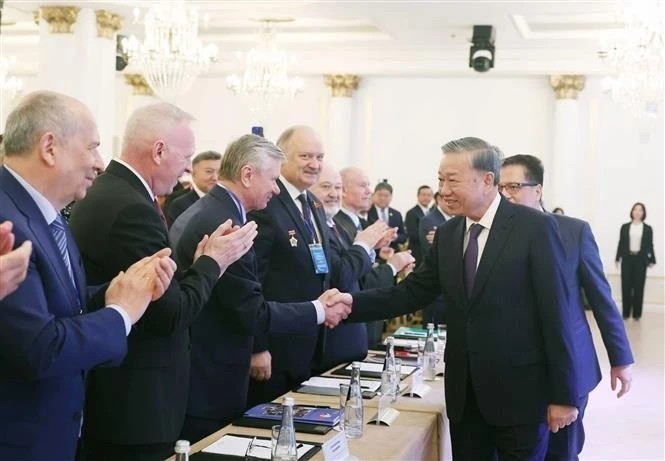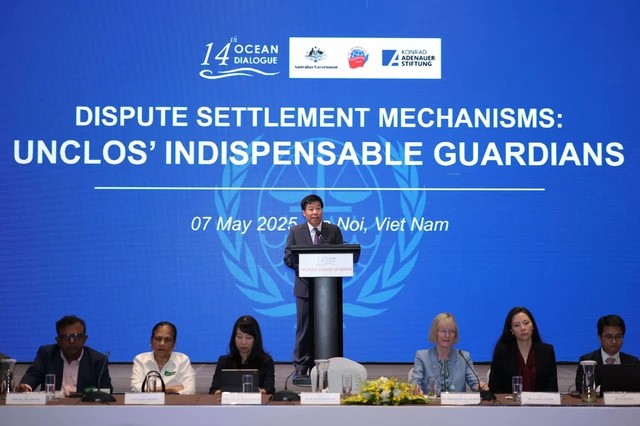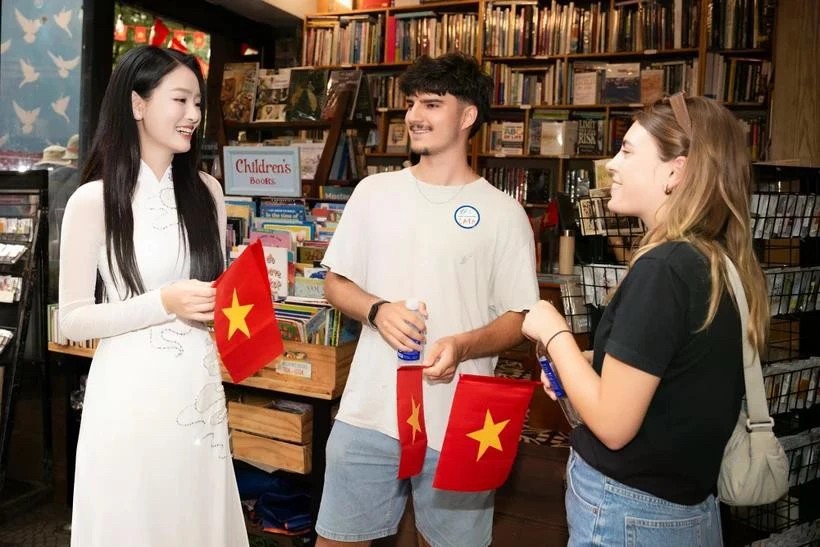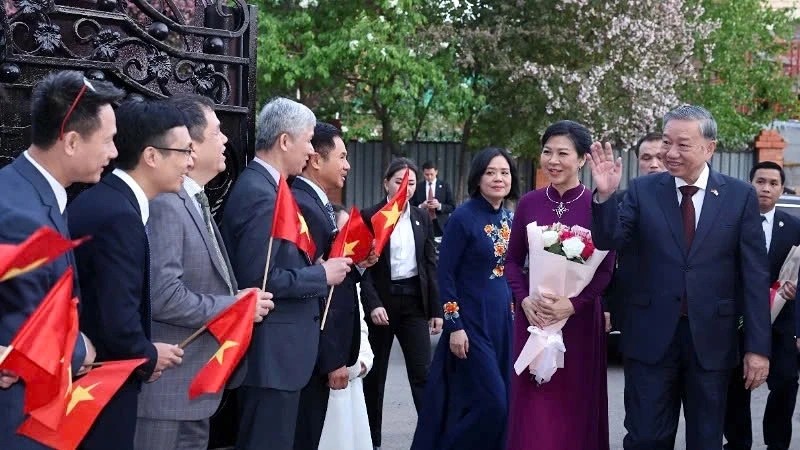“Say No to Ivory” campaign launched to protect elephants
The “Say No to Ivory” campaign was launched in Ho Chi Minh City on August 30th with a view to raising public awareness of elephant protection.
The campaign, part of the global wildlife programme “When the buying stops, the killing can too”, was launched by the Centre of Hand-on Actions and Networking for Growth and Environment (CHANGE) and WildAid organisation.
 |
Participants in the campaign launch pose for a photo. (Photo: VNA)
CHANGE Director Hoang Thi Minh Hong said her centre is carrying out communication activities to improve public awareness of elephant protection by not buying or using ivory products.
The “Say No to Ivory” campaign is set to last for three years, she noted.
John Baker, Managing Director of WildAid, said the poaching and trading of elephant ivory has been banned in many countries, but the elephant killing in Africa and ivory trading in Asia still occurs. WildAid has worked with China and Thailand to prevent illegal ivory trading. In Vietnam, it is focusing on measures to change people’s wrong belief in the uses of wildlife products, including ivory, through communication publications.
Do Quang Tung, an official from the Ministry of Agriculture and Rural Development, said the number of elephants in Vietnam has fallen from more than 1,000 to about 100 which mainly live along the border with Laos and Cambodia. Vietnam has become an illegal point of transit for ivory over the last decade, he noted.
Elephants are being strictly protected at national parks and ivory trading is completely prohibited in the country, Tung said, admitting that a large volume of ivory has still been illegally transported into Vietnam.
Le Nguyen Linh, a customs official at the Saigon Port, said up to 6 tonnes of elephant ivory was seized at this port of entry in the last three months of 2016. Ivory is often hidden in wood blocks or aquatic products inside big containers transported through sea ports./.
VNF/VNA
Recommended
 National
National
Vietnam News Today (May 13): Vietnam Maintains High Human Development Index Despite Global Slowdown
 National
National
Vietnam News Today (May 12): Party General Secretary Meets With Russian Experts, Intellectuals
 National
National
Vietnam News Today (May 11): Vietnam, Austria to Boost Cooperation in High-Tech Development, Innovation
 National
National
Vietnam News Today (May 10): Vietnamese Peacekeepers Honored with UN Medal in South Sudan
Popular article
 National
National
Vietnam News Today (May 9): Vietnam Ready to Work With Russia to Elevate Relations
 National
National
Vietnam News Today (May 8): Vietnam Remains Committed to UNCLOS
 National
National
Vietnam News Today (May 7): Vietnam Hosts Over 7.67 Million International Visitors in First 4 Months
 National
National



